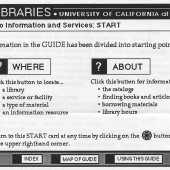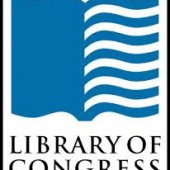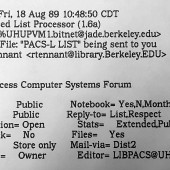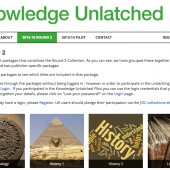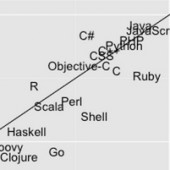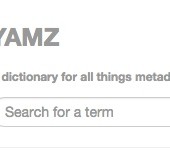
I just returned from ALA Annual 2016 in Orlando, Florida, and besides enjoying more temperate weather I’ve also been thinking about some of what I experienced there. One experience in particular stands out. Every ALA in recent years my employer (OCLC) has sponsored a “Linked Data Roundtable” where practitioners discuss their cutting edge work with […]
